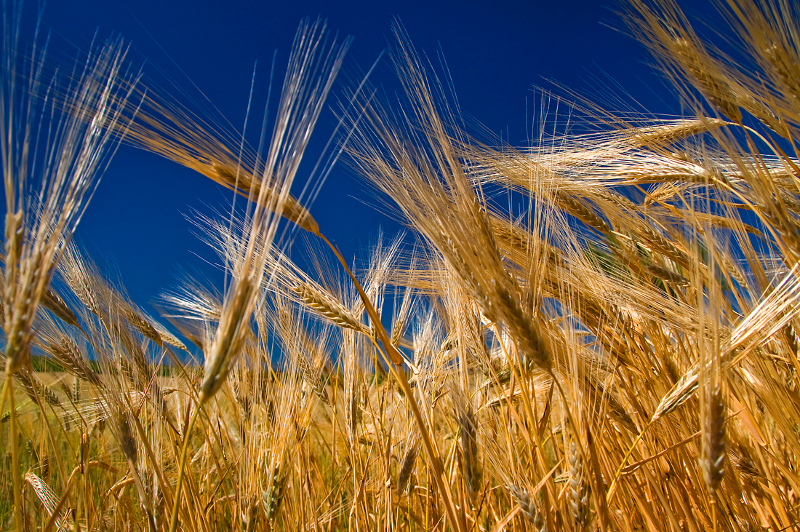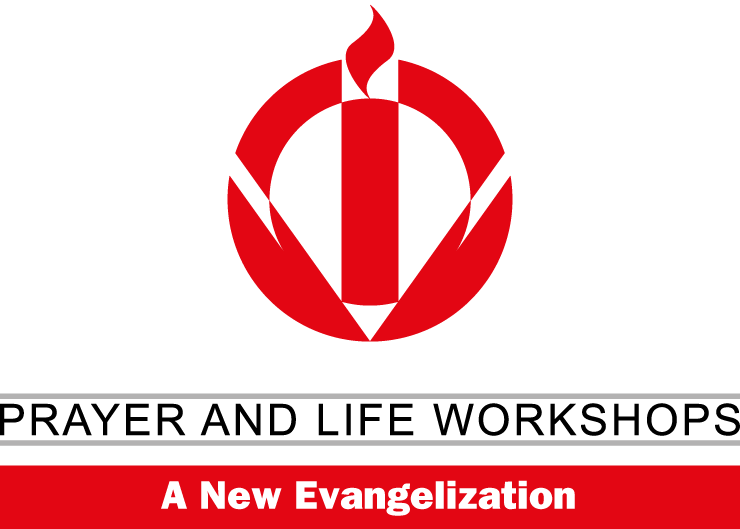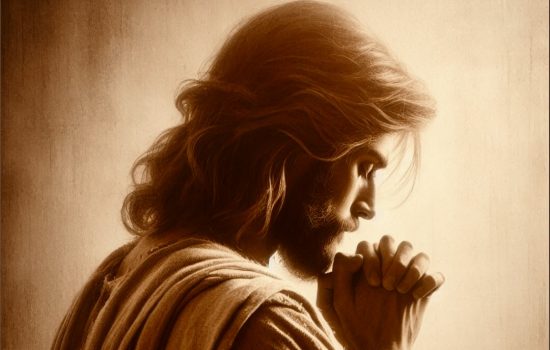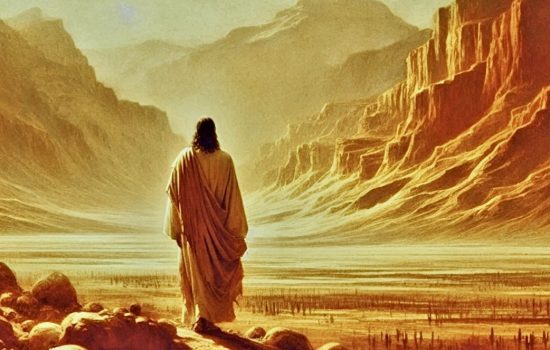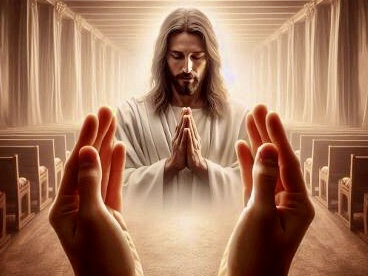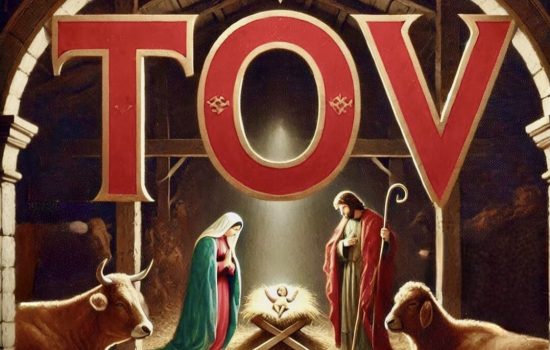– Master, we cannot help it: a tide of sorrow and sadness has flooded us since we heard the sentence of death pronounced against you by the Sanhedrin. We are confused. What will become of your mission in this world?
– Short, like a winter’s day, and simple, like a straight reed, will my life be: to sow and to die. As it is the destiny of meteors to lose themselves in the darkness of space, my pilgrimage will end in the sanctuary of death. I will not see the wheat sprout and grow. After sowing the seed, all that is left is for me to die. I have sown without fatigue. I have poured out health and goodness in my path. I will not have, however, the satisfaction of seeing the results.
– But, Master, when you die every thing will end, insisted John.
– Everything begins, answered the Poor One. The condition the Father asks of me is my sacrifice. Once my immersion into the waters of death is consummated, the plant will raise its head and begin to scale the heights. Do you remember how many times I have used the example of the grain of wheat? If it does not fall into the ground, it remains sterile; if it dies, it will yield much fruit. My life as a sower has been precarious. The sowing has ended. Now I must disappear. The seed is already sown; what is there to wait for?
– I have desires to deposit my life in the hands of my Father as the greatest offering of love and the price of redemption. Sometimes it looks like I don’t un- derstand anything, but even so I know only one thing: my Father steers the ship, and in his hands, I will allow myself to be guided anywhere, anytime, anyhow. With eyes closed and completely passive, I will enter the dark and mysterious tunnel, although I do not see any light until the end. That will be the opus of my life. I have to fulfill the drama until its consummation. My Father will do the rest.
Extracted from the book The Poor One of Nazareth, by Fr. Ignacio Larrañaga
